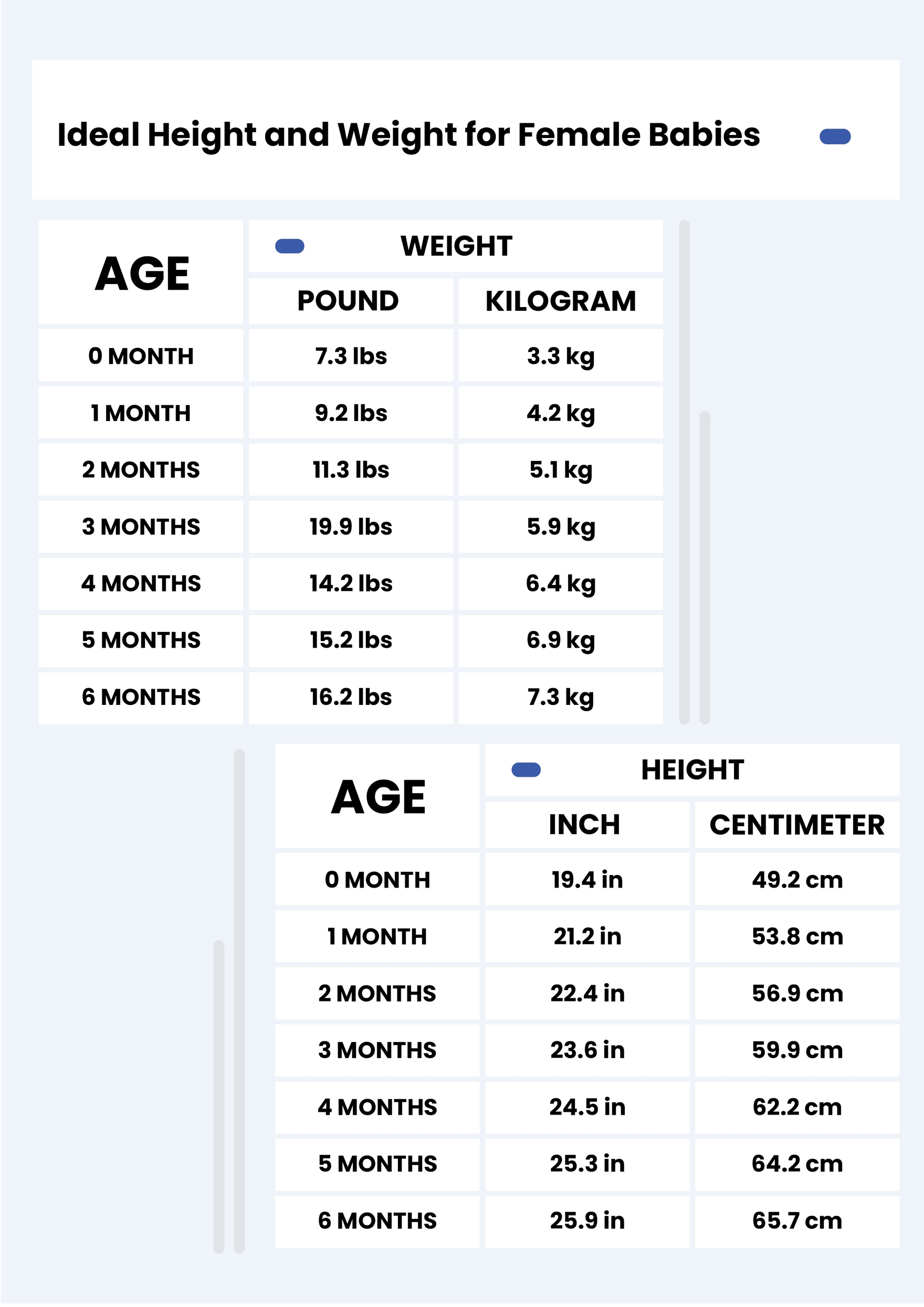Unlocking The Secrets Of Human Height: A Deep Dive Into The Science Behind It
When it comes to human height, there’s so much more than meets the eye. This topic has fascinated scientists, researchers, and everyday folks for centuries. Whether you're towering over the crowd or feeling a little shorter than average, understanding human height can give you some serious insights into genetics, lifestyle, and even evolution. Let’s face it—height matters. Not just for vanity, but for health, performance, and even societal perceptions.
Height isn’t just about how tall you are—it’s a window into the complexities of biology, genetics, and even cultural factors. From the moment we’re born, our height starts to take shape, influenced by everything from DNA to the food we eat. But what exactly determines how tall we grow? And can we do anything to influence it as adults? These are questions that have intrigued researchers and individuals alike.
In this article, we’ll break down everything you need to know about human height. We’ll explore the science behind it, uncover some surprising facts, and even touch on how height impacts different areas of life. Whether you’re curious about your own growth or just want to learn more about this fascinating topic, you’re in the right place. So, buckle up and let’s dive in!
Read also:Tim Lovejoy Brain Cancer A Journey Of Strength Hope And Resilience
Table of Contents
- Genetic Influence on Human Height
- Nutrition and Its Impact on Height
- The Evolutionary Perspective on Human Height
- Height and Its Connection to Health
- How Society Perceives Height
- Accurately Measuring Human Height
- Factors That Affect Height Growth
- Debunking Common Myths About Height
- Tips to Maximize Your Height Potential
- Wrapping It All Up
Genetic Influence on Human Height
Let’s start with the big one: genetics. If you’ve ever wondered why some people are naturally taller while others are shorter, the answer lies in your DNA. Your genes play a massive role in determining your final height, accounting for about 60-80% of the equation. Crazy, right? But it’s not just one gene that decides how tall you’ll be. Scientists have identified hundreds of genetic variations that contribute to height.
How Genetics Works
Think of your genes like a recipe book. Each gene is an ingredient, and together, they create the final dish—your height. Some genes are more influential than others, kind of like how adding too much salt can overpower the rest of the flavors. For example, the HMGA2 gene has been linked to significant height differences in humans. If you’ve got a tall version of this gene, you’re more likely to end up towering over your friends.
But here’s the twist—genetics isn’t the only factor. Even if you’ve got the "tall genes," other things can still impact how tall you actually grow. We’ll get into that later, but for now, just know that your DNA is the blueprint, not the final product.
Nutrition and Its Impact on Height
Now let’s talk about something you can control—nutrition. While genetics sets the stage, what you eat during your growing years can make a big difference. Proper nutrition is crucial for reaching your full height potential. Without enough nutrients, your body might not grow as tall as it could, even if you’ve got the right genes.
Key Nutrients for Growth
- Protein: Essential for building muscle and tissue.
- Calcium: Keeps bones strong and supports growth.
- Vitamin D: Helps your body absorb calcium.
- Iron: Prevents anemia, which can stunt growth.
Studies have shown that malnourished children often end up shorter than their well-fed peers. So, if you’re a parent or someone still growing, make sure you’re fueling your body with the right stuff. And hey, even if you’re past your growing years, good nutrition can still improve your overall health and posture, giving you that extra "lift."
The Evolutionary Perspective on Human Height
Human height hasn’t always been the same throughout history. In fact, it’s changed quite a bit over the millennia. Our ancestors were shorter on average, partly due to environmental factors like limited food resources. But as civilizations developed and agriculture improved, people started growing taller.
Read also:Lamar Chairez Ero The Rising Star Of The Music World
Interestingly, height has also played a role in survival. In some environments, being taller meant having an advantage in hunting or fighting. In others, being shorter and more agile was better. Evolution is all about adaptability, and height is no exception.
Modern Trends in Height
Today, we’re seeing global variations in height. Countries with better healthcare and nutrition tend to have taller populations. For example, the Netherlands consistently ranks as one of the tallest nations in the world. Meanwhile, countries facing economic challenges often have shorter average heights. This shows just how interconnected height is with societal factors.
Height and Its Connection to Health
Believe it or not, height can also be an indicator of health. Taller individuals tend to have lower risks of certain diseases, like heart disease, while shorter people might be more prone to conditions like high blood pressure. But before you start worrying about your height, remember that it’s just one piece of the puzzle.
Health Risks Associated with Extreme Heights
Being extremely tall or short comes with its own set of challenges. Very tall people might experience joint pain or difficulty finding clothes that fit, while shorter individuals could face issues with visibility or reach. However, most people fall within a healthy height range, so these concerns are relatively rare.
How Society Perceives Height
Let’s face it—society has some pretty strong opinions about height. Tall people are often seen as more authoritative or successful, while shorter individuals might feel overlooked. These perceptions can affect everything from job opportunities to social interactions.
But here’s the thing—height isn’t everything. Sure, it might give you a slight edge in certain situations, but personality, skills, and confidence are way more important in the long run. So, if you’re feeling self-conscious about your height, remember that there’s so much more to you than just how tall you are.
Accurately Measuring Human Height
Now, let’s talk about something practical—how to measure your height correctly. You’d be surprised how many people don’t know how to do this. Standing against a wall with your back straight and feet flat is the best way to get an accurate reading. And don’t forget to take off your shoes! Even a small heel can add a few extra centimeters.
For kids, regular height measurements are important to track growth patterns. If a child isn’t growing as expected, it could be a sign of an underlying issue that needs attention. So, keep an eye on those growth charts and consult a doctor if you have any concerns.
Factors That Affect Height Growth
So, we’ve talked about genetics and nutrition, but there are plenty of other factors that can influence how tall you grow. Things like sleep, exercise, and even stress can play a role. Let’s break it down:
- Sleep: Your body repairs and grows while you sleep, so getting enough rest is crucial.
- Exercise: Physical activity stimulates growth hormones and promotes healthy bone development.
- Stress: Chronic stress can negatively impact growth, so finding ways to relax is important.
While you can’t control everything, focusing on these areas can help you maximize your height potential. And remember, even if you’re not growing anymore, staying active and taking care of your body can still improve your posture and overall well-being.
Debunking Common Myths About Height
There’s a lot of misinformation out there about height, so let’s clear up some of the biggest myths:
- Myth 1: Drinking milk will automatically make you taller. While calcium is important, it’s not a magic solution.
- Myth 2: Hanging from a bar can increase your height. Sorry, but once you’ve stopped growing, your bones won’t stretch anymore.
- Myth 3: Short parents always have short kids. Genetics is more complex than that, and environmental factors can make a big difference.
Stick to the facts and don’t fall for these tall tales (pun intended).
Tips to Maximize Your Height Potential
If you’re still growing or just want to make the most of your height, here are a few tips:
1. Eat a Balanced Diet: Focus on nutrient-rich foods to support healthy growth.
2. Get Enough Sleep: Aim for 8-10 hours a night during your growing years.
3. Stay Active: Incorporate regular exercise into your routine.
4. Maintain Good Posture: Standing tall can make you appear taller and feel more confident.
Remember, height is just one part of who you are. Focus on being the best version of yourself, and everything else will fall into place.
Wrapping It All Up
Human height is a fascinating topic that touches on genetics, nutrition, evolution, and even societal perceptions. While genetics plays a major role, there’s plenty you can do to support healthy growth and make the most of your height potential. Whether you’re tall, short, or somewhere in between, remember that your worth isn’t defined by how tall you are.
So, what do you think? Did you learn something new about human height? Let us know in the comments below, and don’t forget to share this article with your friends. And if you’re hungry for more knowledge, check out our other articles on health, science, and everything in between. Thanks for reading, and stay awesome!


